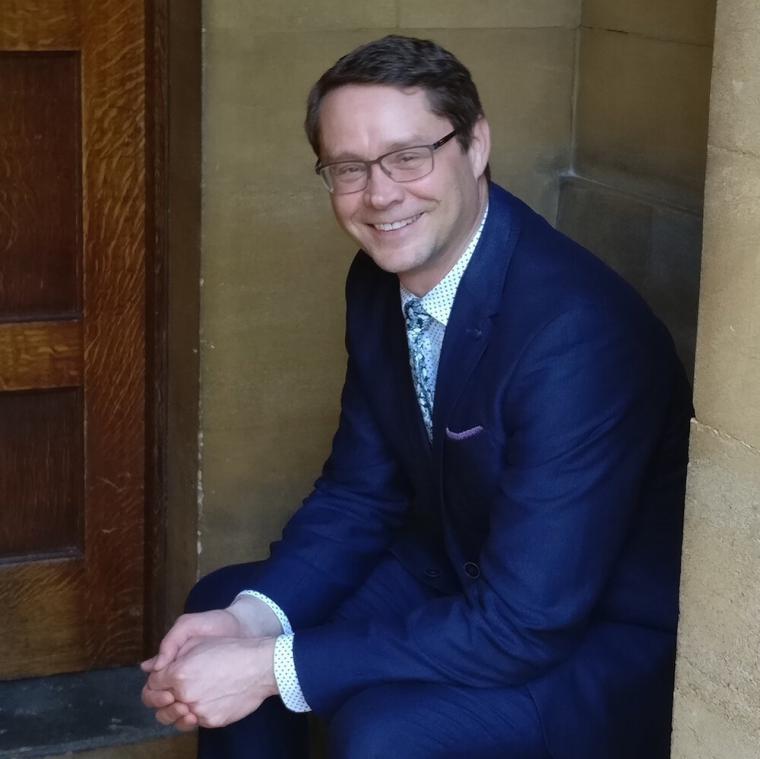“For the science of economic betterment in the twenty-first century to be a study of humankind, it must likewise be an inquiry into human social betterment.”
Humanomics, Moral Sentiments and the Wealth of Nations for the Twenty-First Century
Vernon L. Smith and Bart J. Wilson
Freedom Center Visiting Fellow Bart Wilson notes the preceding statement concludes the book he co-authored with Vernon Smith, 2002 Nobel Prize in Economic Sciences Award Winner, George L. Argyros Endowed Chair in Finance and Economics, Professor of Economics and Law at Chapman University and former McClelland/Regents’ Professor of Economics at UArizona.
Dr. Wilson’s new book manuscript, Meaningful Economics, continues his work to reintegrate economics and the humanities to promote a better understanding of how decision-making impacts individuals and society.
“Economics has a problem,” he notes. “It cannot distinguish the causes of human actions from the consequences of human action. It models representations of optimal agents, not flesh-and-blood human beings in ordinary life. This book is about what makes meaningfulness the very core of economics.”
Dr. Wilson’s experiences as a Freedom Center Visiting Fellow have catalyzed and clarified his work to write Meaningful Economics. He met Amanda Cohen, Chef and Founder of the world-famous New York City restaurant Dirt Candy, at the 2022 Freedom Center Public Discussion Forum on how the restaurant industry was affected by COVID-19. In the book, he uses her story as an example of how moral sentiments are necessary to understand the causes of an economic decision.
“The Freedom Center’s Public Discussion Forum series, created by Director Mary L. Rigdon and Associate Director Saura Masconale, provides the opportunity to hear from internationally recognized experts addressing real-world issues,” Dr. Wilson notes. “They benefit the community and scholars interested in a deeper understanding of subjects affecting people’s lives. It was great meeting Chef Cohen and using her story to make an important point about how human nature and economic decisions are intertwined.”
Dr. Wilson reflects that his relationship with Dr. Rigdon goes back 25 years. He met her as a Research Scientist at the UArizona Economic Science Laboratory when she was a graduate student in the Economics Department. They have stayed connected through the years.
“Bart has been a tremendous friend and colleague, and his deep engagement as a Freedom Center Visiting Fellow demonstrates the program’s benefits to scholars, students, and the UArizona community,” Dr. Rigdon notes. “We appreciate his many visits to campus and look forward to hosting a manuscript workshop on Meaningful Economics later this month to provide an opportunity for people to engage and discuss his important work.”
The opportunity to return to Tucson as a Visiting Fellow to focus on writing has been invaluable. Dr. Wilson recently used his time on campus to synthesize feedback on the manuscript provided by former students from 2014 to the present day. The inspiration for his books initially came from teaching undergraduates the basic principles of economics.
“When we talked about the minimum wage, they kept asking me about the human impact of a minimum wage,” he recalls. “The rectangles and triangles of supply and demand analysis didn’t move them. Years later, I started to think about, explore, and write about what Chapman University Associate Professor of Rhetoric & Composition Studies Jan Osborn and I dubbed ‘Humanomics’ for a co-taught first-year seminar. Meaning, purpose, and value have everything to do with traditional talk of economics. Meaningful economics is about understanding human action in its origin rather than exclusively in its outcome.”
Indeed, Dr. Wilson argues that humanomics reflects Adam Smith’s philosophy, noting the critical difference between acting in one’s “self-interest,” as many suggest Smith asserted, and acting in one’s “own interest,” as Smith wrote.
This point is reinforced by the first sentence of Smith’s book, The Theory of Moral Sentiments.
“How selfish soever man may be supposed, there are evidently some principles in his nature, which interest him in the fortune of others, and render their happiness necessary to him, though he derives nothing from it except the pleasure of seeing it.”
“To Adam Smith, the difference means that the wealth of nations is not built on a disregard
for others as we pursue our own interest or advantage, which is what self-interest meant in the
eighteenth century and still means now,” Dr. Wilson says.
Meaningful Economics will be published in 2024 or early 2025.


